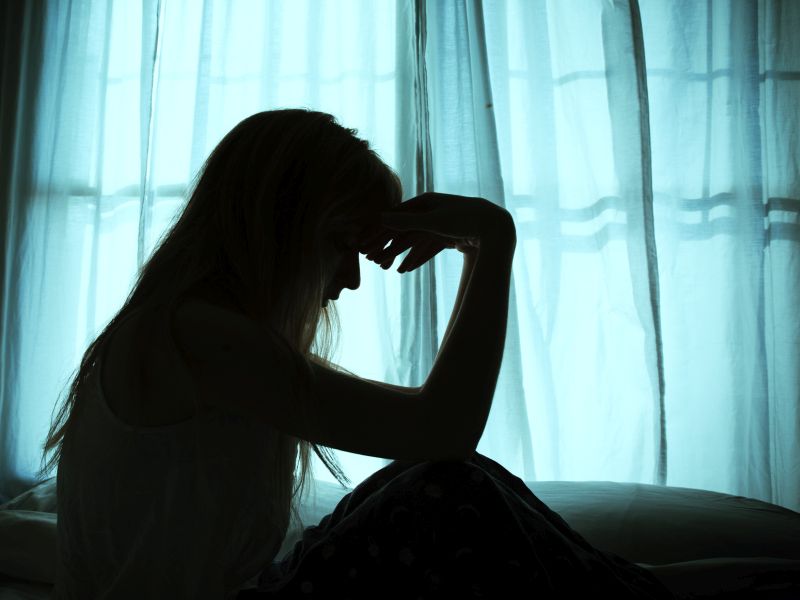
"In a nationally representative sample of more than 13,000 women, 6.5% said their first sexual encounters was forced as opposed to voluntary," said the study's lead author, Dr. Laura Hawks.
That's equivalent to more than 3.3 million American women between 18 and 44 years old, said Hawks, a general internal medicine fellow at Cambridge Health Alliance in Cambridge, Mass.
The finding comes after the #MeToo movement (speaking out against rape, sexual assault, harassment and abuse) and the confirmation hearings of Supreme Court Justice Brett Kavanaugh started a national discussion about patterns of predatory sexual behavior and the need for change.
"Every week, thousands of women experience a forced first sexual encounter. As a society, we need a meaningful change. I would like to think the MeToo movement is an important first step, but it's really going to require a cultural shift," Hawks said.
Findings from the study were published Sept. 16 in JAMA Internal Medicine.
The average age of women forced into their first sexual experience was 15.6 years old. The average of the assailant was 27. Nearly 7%#37; who were forced into first sex were 10 or younger.
For those who had a voluntary first experience, the age difference was much smaller. The women were an average of 17.4 years old for their first time, while their partner was an average age of 21.
In about half of the reported forced encounters, the assailant was larger or older, according to the study. And in nearly half of the forced first sexual experiences, women were physically held down. They were physically harmed in one-quarter of the forced experiences.
There were verbal threats in more than half of the experiences, and a drug was given in almost one-quarter of the forced encounters, the researchers found.
The effects of these traumatic first sexual experiences were far-reaching. Women who were forced into their first sexual experience were twice as likely to report being in fair or poor health as women whose first sexual experience was voluntary.
Women forced into sex their first time also were nearly twice as likely to have had an unwanted first pregnancy, and they were 50% more likely to have had an abortion.
They were also far more likely to have pelvic inflammatory disease, endometriosis, and problems with ovulation or menstruation, the study found.
"The findings on health outcomes were quite startling," Hawks said.
Dr. Alison Huang is from the department of medicine at the University of California, San Francisco, and wrote an editorial in the same journal issue. She noted this study shows a link between a forced first sexual experience and adverse health outcomes, but not a definitive cause-and-effect relationship.
Still, Huang added, "if the relationship is causal, a first involuntary sex experience can have important negative consequences on a woman's subsequent health. We need to learn how we can prevent it, and if it does happen, how to mitigate the consequences."
Huang said it would be important to follow the women's health across their lifetime to see if other differences - such as in the rates of cancer or diabetes - show up later.
Both experts said it's important for doctors and other health care providers to be aware of how common sexual violence is, and to be trained to care for a woman who has experienced sexual trauma.
Hawks said parents can help by treating boys and girls as equals. She said parents of girls should try not to emphasize appearance so much. "And when it comes to raising boys, an important and specific conversation to have is about the importance of sexual consent and the need to communicate," she explained.
Huang said she thinks awareness is already making a difference, and cites this study as an example. "I think the #MeToo movement may already be spurring important research. Now we need to take the next step and try to prevent these experiences or provide support when they have happened," she said.
Sources: Laura Hawks, M.D., general internal medicine fellow, Cambridge Health Alliance, Cambridge, Mass.; Alison Huang, M.D., associate professor, medicine, and co-director, Women's Health Clinical Research Center, University of California, San Francisco; Sept. 16, 2019, JAMA Internal Medicine








0 Comments